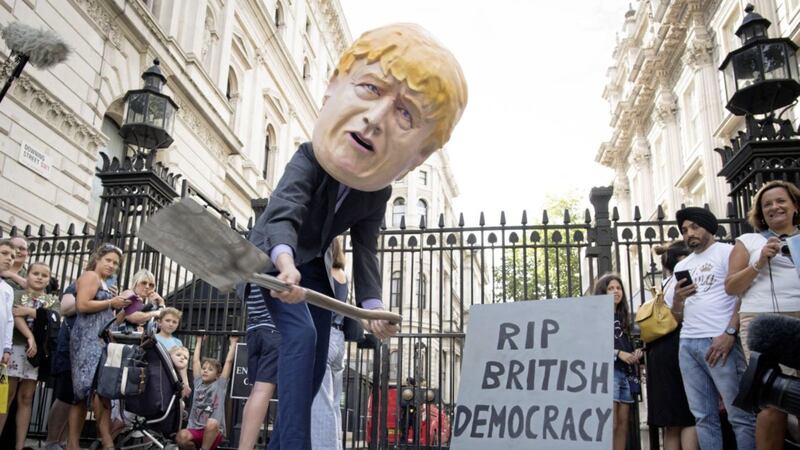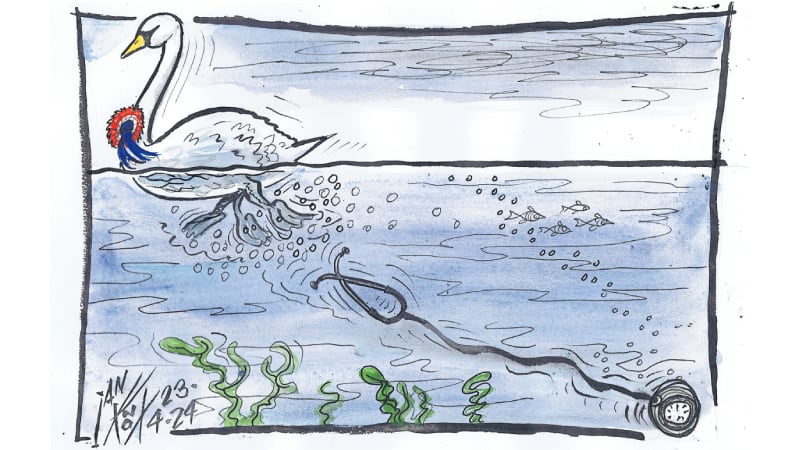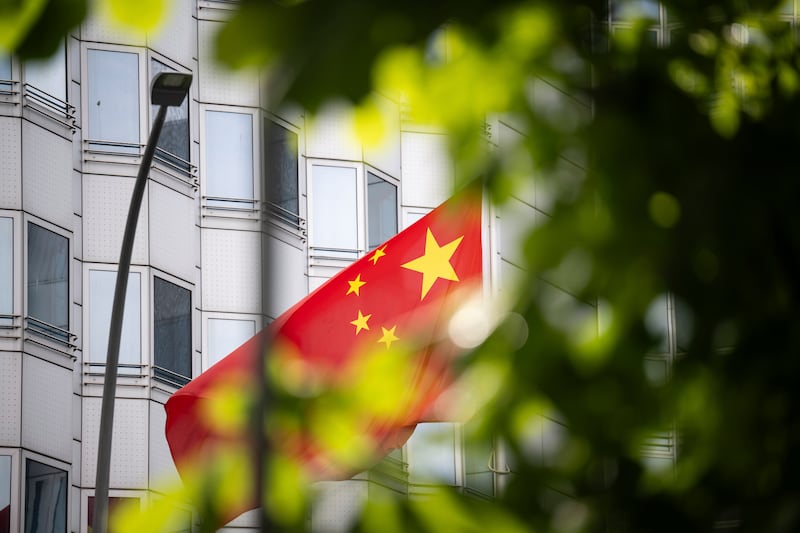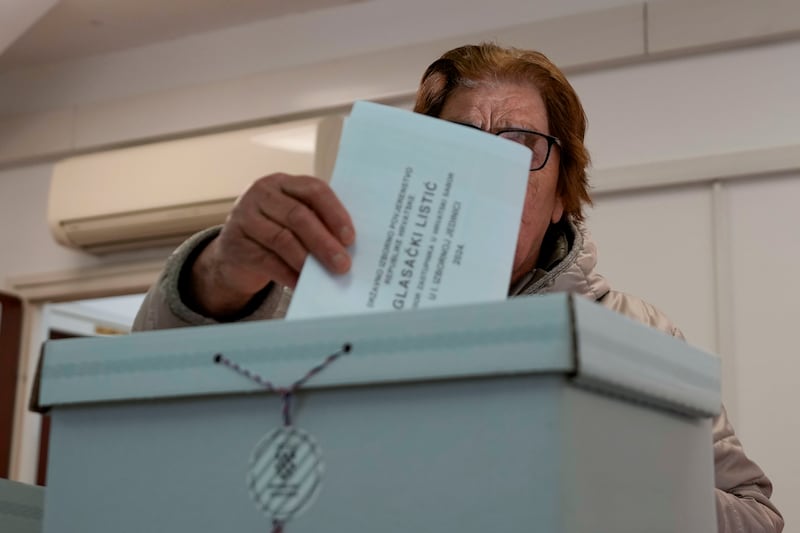THE 2016 EU referendum has created a dis-United Kingdom. A place that was once the heart of an empire on which the sun never set has rapidly descended into something more akin to one of its less reputable former colonies, where democracy means what those in power want it to mean.
Proroguing parliament is not an uncommon occurrence. It happens ahead of every parliamentary session in the run-up to the Queen's Speech.
But the manner of this particular intervention has further deepened already bitter divisions, not only in Westminster but across the constituent parts of the dis-United Kingdom. This unprecedented strategy, most likely hatched and co-ordinated by Dominic Cummings, was unveiled just 24 hours after Jeremy Corbyn and other opposition MPs agreed to use legislation to thwart a no-deal Brexit on October 31.
The prorogation means there will not be adequate time to execute their plan and they may therefore be forced to move a motion of no confidence against Boris Johnson. Meanwhile, there are efforts to halt it in the courts, which must test whether it is constitutional or not. Though even if it proves to be legal, it can hardly be regarded as being in the spirit of democracy.
There's a growing suspicion that the prime minister – guided again by Mr Cummings – is planning to call a snap election, which will effectively become a de facto referendum in the mouth of the UK's departure date.
It's a gamble for the Tories that appears difficult to pull off but Mr Corbyn's dithering over the past three years has only strengthened the incumbent's hand rather than weakened it.
In a statement issued yesterday, DUP leader Arlene Foster appeared matter of fact about the implications of prorogation, avoiding the hard rhetoric that could be interpreted as gung-ho support for a coup that circumvents the 'Mother of All Parliaments'.
Yet her party's backing of Mr Johnson's government places it firmly in the camp that will accept a no-deal, whatever the consequences. Mrs Foster also spoke of continuing to work with the British government to strengthen the union, a ludicrous statement given the context in which it was made.
The Tory leader's audacious move will only further alienate the majority people in Northern Ireland and Scotland, as well as England and Wales, who wish to remain in the EU, yet the Brexiteers appear blind to the consequences of their actions while the DUP appear happy to follow.








